Here are some examples of self-care activities that you can try:
1. Start Your Day Mindfully and Energized
A study found that self-care, like physical exercise and mindfulness, can affect how happy and well people feel at work. But it depends on what kind of job. For some workers, exercise alone didn’t boost well-being. Still, it had a significant impact when they combined mindfulness with physical activity.
This combo works wonders because it’s all about your mind and body working together. Mixing mindfulness with your fitness routine in the morning could be a game-changer. Physical self-care with mindfulness can help you maintain your health, fitness, and immunity.
2. Schedule ‘Me-Time’
A recent survey found something that might resonate with you. Most adults in the U.S. feel relaxed for only about 40 minutes a day, and some even less! Over half prioritize self-care, spending an average of 38 minutes daily on activities like workouts, listening to music, or even simple things like flossing. That’s not enough. Besides, what matters is high-quality “me-time.”
Experts note that the quality, not just the quantity, of me-time leads to better work-life balance, well-being, and engagement. Interestingly, me-time doesn’t necessarily have to be alone. It’s more about engaging in activities you choose freely. So, just as you schedule meetings, pencil in self-care time. It could be a quick walk, reading, or simply doing nothing. It boosts your psychological well-being and makes you more engaged at work.
3. Eat Nourishing Foods
Self-care includes fueling your body with healthy foods. Meal prepping can be a lifesaver for busy weeks. Researchers in Finland found that what you eat can affect how burned out you feel. They looked at 630 women working in the public sector.
They found that those who ate healthier foods, like low-fat dairy, veggies, fruits, and white meat, experienced less burnout. It shows how important a balanced and healthy diet is for feeling good at work. It’s a great reminder that what we eat doesn’t just affect our body but our mind and mood, too!
4. Stay Hydrated
Keep a water bottle handy. Staying hydrated is a simple yet effective form of self-care. Staying hydrated is vital for managing stress. When you don’t drink enough water, your cortisol levels (a stress hormone) can increase. Being dehydrated can make stress worse because it causes symptoms like increased heart rate and fatigue.
Drinking plenty of water can help keep these stress responses in check. Aim to drink about half an ounce to an ounce of water for each pound you weigh daily, and remember to keep water handy during stressful times.
Moreover, increasing water intake can boost your mood, especially if you don’t usually drink much water. For people who already drink a lot of water, drinking less can make them feel less calm and happy. It’s a good reminder to stay hydrated for your physical and mental well-being. Drink up for a better mood!
5. Prioritize Sleep
Researchers looked into how sleep quality and duration affect burnout and well-being. Using a fitness tracker, they found that better sleep quality leads to improved well-being and less burnout. Interestingly, the amount of sleep didn’t predict these outcomes as much as the quality.
This study highlights the importance of good sleep for our health and managing stress but also points out some limitations of fitness trackers in accurately measuring sleep. It’s a reminder that the quantity and quality of your sleep matter for your overall well-being. Aim for 7-8 hours of sleep. Good sleep is foundational to your well-being.
6. Consider Herbal Supplements
Some botanical medicines can help with stress as a self-care approach. Studies show they affect stress levels, brain chemicals, and cortisol (a stress hormone). These herbs are usually affordable, easy to find in stores or online, and have few side effects. It makes them a great option for managing work-related stress.
Experts consider Ashwagandha, Rhodiola, Passionflower, and Lavender safe and effective ways to help manage stress. They are easy to find and use if you stick to recommended guidelines. However, it’s vital to be cautious, especially for pregnant or nursing individuals, and if you’re taking other medications, as these herbs might interact with them.
 adminApril 17, 20246 Mins read1.8k Views
adminApril 17, 20246 Mins read1.8k Views
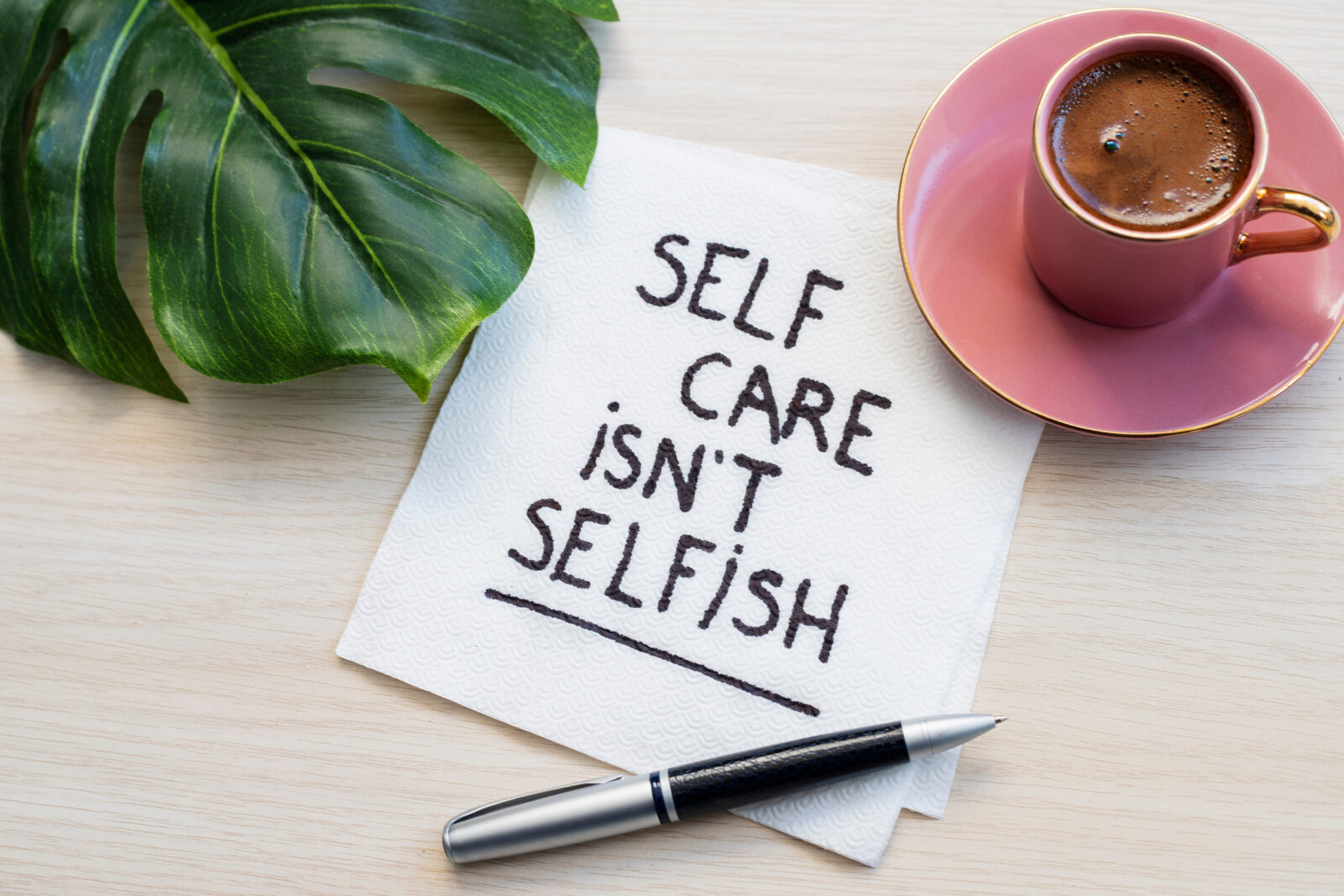


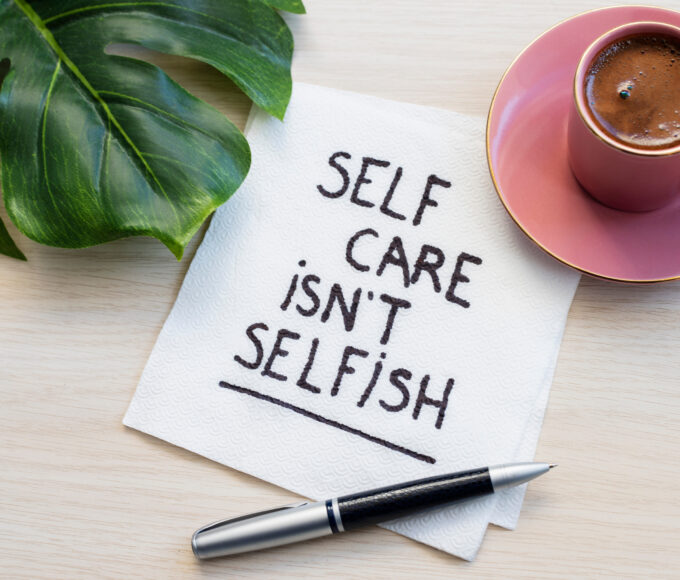


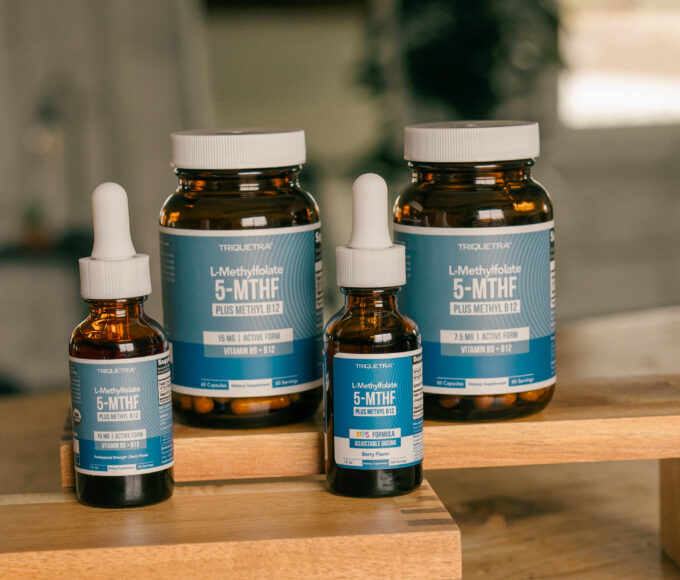

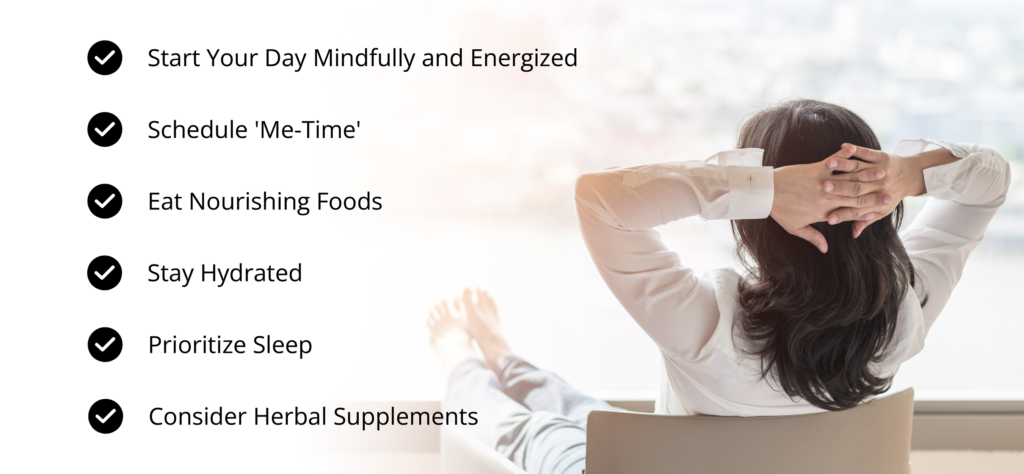

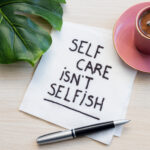

Leave a comment